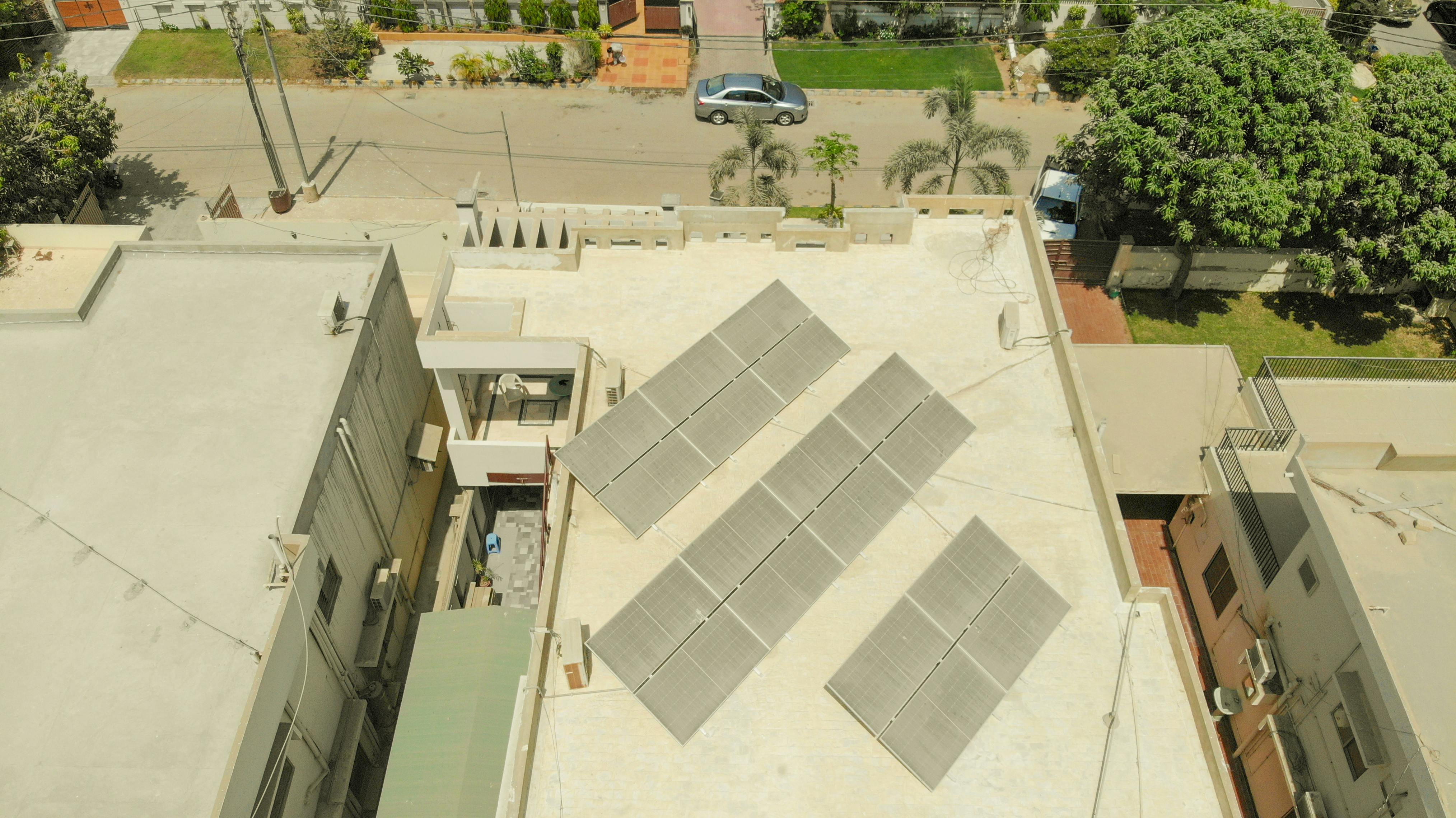
Introduction
Harnessing solar energy is a significant step that many homeowners around the world are embracing daily. Solar panels are the future, offering countless benefits from reduction of energy costs to eliminating one's carbon footprint. In this comprehensive guide, we delve into the exciting world of solar panels to understand their benefits and functionality. Whether you're a homeowner pondering on the thought of solar panels or someone interested in sustainable energy, this user-friendly guide will shed light on everything you need to know.
Demystifying Solar Panels
Solar panels are comprised of photovoltaic cells, which capture sunlight and convert it into electricity. They are a significant component of a solar energy system. Silicon-based photovoltaic cells are the most commonly used, consisting of two wafer-thin layers. Upon reaction with sunlight, electrons move from one layer to another, thereby generating an electric current.
The electric energy produced by solar panels can be used immediately within homes for appliances or can be stored in batteries for later use. During cloudy or non-sunny days, stored solar energy becomes a critical asset.
The Power of Solar Energy
Solar energy is an abundant, renewable source of energy. Harnessing this energy is not only cost-effective but is also a massive stride towards environmental conservation. Using solar panels reduces reliance on non-renewable sources of energy such as coal and gas. Thus, in the grand scheme of things, solar energy reduces pollution and mitigates the catastrophic effects of climate change.
In addition, solar energy can tackle the problem of energy inequality. Surplus solar energy generated by your solar panels can be fed back into the grid, which can be used by others. This can lead to energy cost savings for everyone.
Efficiency and Cost Savings with Solar Panels
By investing in solar panels, homeowners can anticipate significant returns in the form of reduced energy bills. After the initial set-up costs, the subsequent costs of maintenance are minimal. Although the savings depend on the sunlight exposure in particular areas, even households in less sunny regions have reported considerable savings.
Moreover, many governments provide incentives and subsidies for solar panel installation, further offsetting the initial costs. Therefore, solar panels can be seen as a long-term investment rather than an expense with their substantial financial returns.
Installing Solar Panels: Things to Consider
While installing solar panels in your home, there are several key factors to keep in mind. Firstly, ensure that your roof is in good condition. Review whether it can withstand the weight of solar panels and whether it needs repairs or replacements, as these are easier done before the panels are installed.
Secondly, remember that the positioning of the solar panels is vital. They need to face the direction that attracts the most sunlight for optimal energy generation. It's also ideal to place them at an angle to decrease the chances of accumulation of dirt or snow that might hinder sunlight.
Finally, consider the size and number of panels your home may need. This depends on your home's energy consumption. A professional solar panel installer can offer guidance on this aspect.
The Bright Future of Solar Panels
The benefits and functionality of solar panels are clear. Solar energy is the key to a more sustainable future, bringing along with it the additional advantages of energy equality, reduction in carbon emissions, and considerable economic savings. It is indeed time to consider the role solar panels can play in your life. Harness the power of the sun and contribute to a brighter, cleaner future.